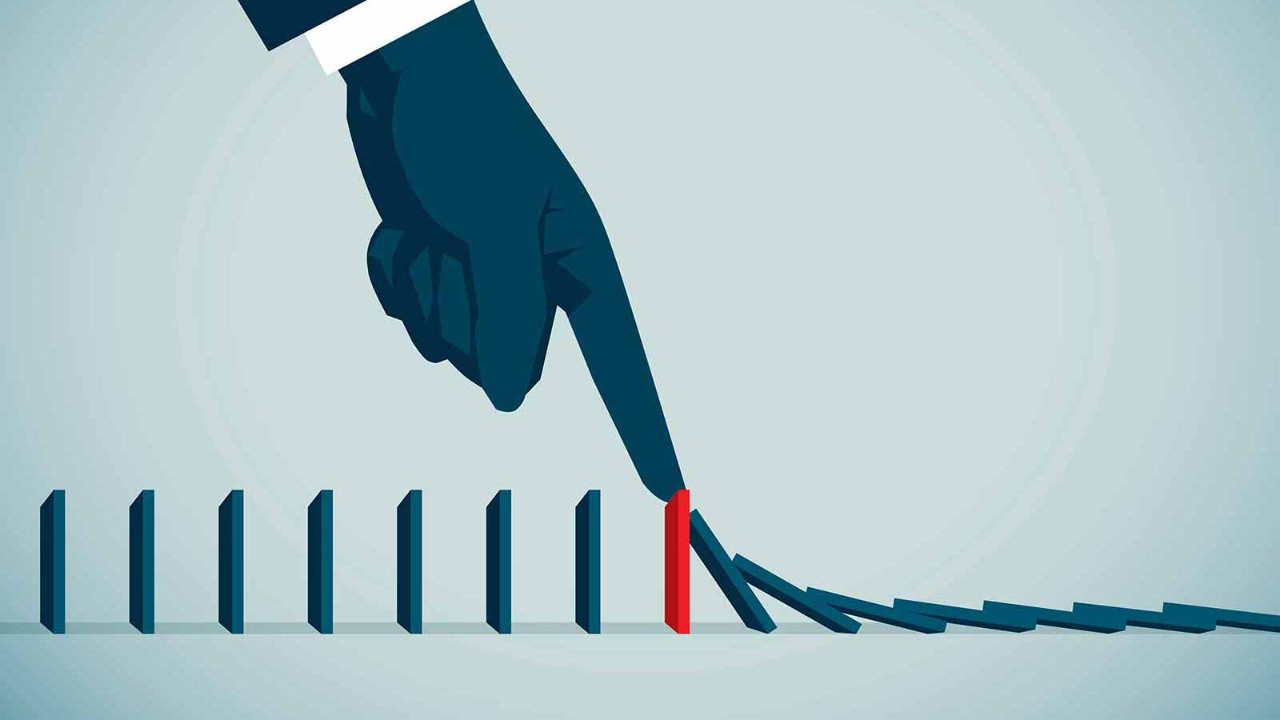
Called ‘one of the most debated pieces of European legislation in recent times’ (see this AB article), the EU’s corporate sustainability due diligence directive (CSDDD) is set to bring new rigour to the relationship between corporate business and the environment when it finally comes into force in 2027. Human rights are front and centre in its concerns, and, as with questions of sustainability and climate change, extend beyond national and EU borders.
While only the largest companies will have reporting requirements under the CSDDD, Emer Shelly, a partner at Mason, Hayes & Curran, notes that ‘out-of-scope companies will not be immune’ and ‘are likely to face increasing demand for sustainability information and actions to the extent that they are within the chain of activities of an in-scope company’. It’s a situation that could put human rights concerns in the frame for a range of SMEs and even micro enterprises – particularly, but not only, for those with an international dimension to their activities.
‘The impacts tend to have a more detrimental effect on people who are already vulnerable’
The Department of Foreign Affairs provides useful insight on a range of practices that could have human rights implications. (See boxout.) It also makes the point that, while anyone can be affected, ‘the impacts tend to have a more detrimental effect on people who are already vulnerable: for example, people living in poverty, migrants, the disabled, children, the LGBTI+ community, unskilled workers, or workers from countries with inadequate social protections’.
Uncomfortable truths
A report by the Irish Coalition for Business and Human Rights (ICBHR) highlights the gravity of concerns at international level. It says that ‘the uncomfortable truth is that many European companies are linked to human rights abuses and environmental harm throughout their global value chains’, and notes violations as serious as forced labour, violence against women, union busting and the targeted killing of human rights defenders.
The issues don’t have to be at the extreme end of the scale to register with the CSDDD. Shavana Haythornthwaite of Morningstar Sustainalytics points to the directive’s ‘recognition of the inherent entwinement of adverse human rights and environmental impacts: for example, as it relates to corruption and bribery’ – a concern already familiar to many ACCA members globally, as this AB article explains.
Most Irish people want regulation for Irish companies acting unethically in low-income countries
The ICBHR report does find significant public unease around potential human rights abuses by businesses, highlighting a survey that says 81% of Irish people want regulation for Irish companies ‘acting unethically in low-income countries’. However, research published earlier this year by the Trinity Centre for Social Innovation suggests there’s still some way to travel before those concerns are met. It found that 52% of the 50 largest companies in Ireland scored 30% or less in its business and human rights benchmark, with 32% scoring below 20%.
The study found that this poor performance doesn’t correlate with lack of awareness, as ‘while 88% of companies made explicit commitments to respect human rights, specific commitments to respect workers’ rights were more limited, with almost a quarter of companies scoring no points on this indicator’. Neither could the weak showing be blamed on decisions made elsewhere.
‘Companies with their domicile or headquarters in Ireland performed, on average, less well than the sample as a whole,’ it said. The Trinity research did find some positives. The relative diversity of its top three scoring companies – Tesco, Diageo and Cisco Systems – suggests that any organisation with the right approach can perform strongly in human rights protections.
‘The task of gathering information on global human rights must not be placed solely on companies’
It also found some high-profile organisations on a clear upward path. AIB Group, for example, measurably improved its ranking ‘through the publication of a human rights policy in 2021 and details provided in the company’s annual report’.
However, reflecting on the study’s overall findings, co-author, Mary Lawlor, UN special rapporteur on human rights defenders, described it as ‘quite a jolt that so many of our biggest companies are disregarding their human rights responsibilities’. She suggests that ‘speaking with human rights defenders who often bear the brunt of this disregard’ might help clarify the issues at stake for business leaders.
More generally, the report makes a number of proposals to bring structure to human rights due diligence, key among them ‘the development and publication of a standalone human rights policy’.
Need for guidance
With the clock ticking down to CSDDD implementation, many will welcome the potential for government guidance on these matters, something likely to emerge through Ireland’s Second National Plan on Business and Human Rights (2024-2027), set for publication later this year. A public consultation process last year saw submissions from Ibec and Chambers Ireland among others.
SMEs could find themselves at a competitive disadvantage
Ibec expressed support for regulations to enhance international human rights protections but said that ‘the task of gathering information on the global human rights situation must not be placed solely on companies’. It proposed ‘a national and a European “contact point/observatory”, where companies can obtain reliable information’.
Chambers Ireland also voiced support for greater regulation but expressed its concern that, without a government-led information resource, SMEs could find themselves at a competitive disadvantage. It said businesses in scope for the CSDDD would ‘likely forego the services of smaller firms, in favour of larger firms who have the capacity to successfully meet their reporting requirements’.
Positive effect
‘The Brussels Effect’, a term coined by academic Anu Bradford, describes how the EU has a positive, global influence on policy in areas such as data privacy, consumer law and environmental protection.
While many will hope it comes into play through the CSDDD, expectations may need to be tempered. Jennifer Kwao of Climate Action Network Europe points out that ‘while companies could face civil lawsuits under the CSDDD [for human rights abuses] the law sets high standards for such proceedings, which limits the risks for companies’. In addition, under the directive, ‘a company cannot be held liable if the damage was caused only by its business partners in its chain of activities’.
Human rights groups will be watching carefully to ensure decisive action and not the circumvention of responsibility is the real outcome of CSDDD reporting.

